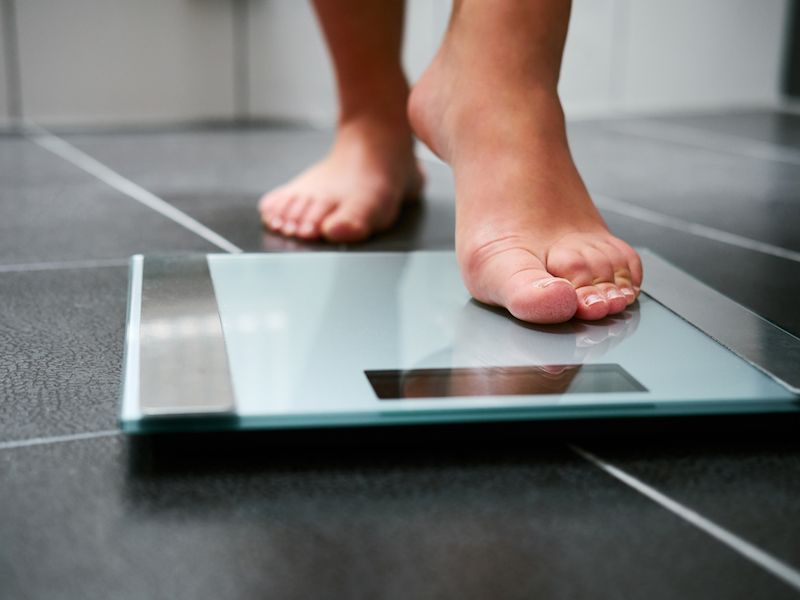
We’ve known for a long time that eating too much is detrimental to our health, especially over time. Obesity is connected to a number of health conditions. Heart disease, high cholesterol, diabetes, and you can add hearing loss to the list, as well. It’s estimated that roughly 48 million individuals in the United States, loss of hearing is a problem for around 20% of the U.S population, and around twice that amount of adults, 93 million, are obese. These figures are staggering and point to a significant health issue throughout the country.
What is The Relationship Between Loss of Hearing And Being Overweight?
Numerous studies have revealed that there’s a link between being overweight and hearing loss. While scientists are still studying the connection, it’s believed that hearing loss and being overweight have a connection because the circulatory system is impacted. Additionally, obesity is connected to high blood pressure and diabetes, which are also linked to loss of hearing.
Our inner ears are filled with microscopic hairs that perceive sound in the ear. So that they can function effectively, these tiny hairs, called stereocilia, require a steady flow of blood. Obesity restricts the flow of blood throughout the body because, so they can get the blood flowing throughout the body, the heart needs to do extra work, which means that your inner ear is functioning on less-than-optimal blood flow. This can permanently harm the ears. As all of these diseases impact the flow of blood, high blood pressure, heart disease, and diabetes impact the inner ear in a similar way.
Keeping your weight in check is particularly relevant as you get older since age-related hearing loss is also linked to a high fat mass index. In the past, your body’s metabolism worked faster and more efficiently, which is why you need to attempt to stick to healthy habits that you formed when you were younger.
A healthy diet and exercise are excellent for your overall health and your hearing.
Obesity Related Loss of Hearing Treatment Options
If your loss of hearing is triggered by obesity, you might never be able to get it back, still, in order to find out how considerable your loss of hearing is, it’s necessary to get your hearing screened. If the injury is irreversible, you might need a hearing aid or other device to begin hearing properly again.
If the damage is only minor, you might have considered trying to see your physician before your health gets worse, about creating a diet and exercise plan to minimize the impact your weight has on your health. Your doctor should set up a cardio intensive exercise regimen that will get your blood pumping and improve your general health. There will be, most likely, other improvements in your life also, like mental health, since regular exercise has been shown to reduce depression.
How Can You Prevent Obesity-Related Loss of Hearing?
diabetes, heart disease, and high blood pressure Your hearing will most certainly be kept in superior condition if you keep your body healthy. One way to get started is to consult with a nutritionist who can assist you to develop a strategy that’s individualized for you and is centered on assisting you to achieve your goals. The nutritionist can make certain you’re consuming the correct mix of nutrients in nutritious foods, foods that have plenty of iron, for instance, because of course, a lack of iron in your diet can result in tinnitus and cause hearing loss.
Learn more about hearing loss and the solutions available to help you hear better.